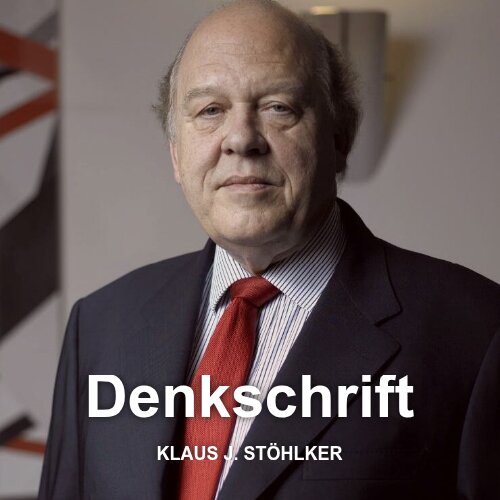In the end, the Swiss parliament will likely have to approve any global resolution proposed by the Swiss federal government, and the authors do not believe that such an approval would be met with insurmountable objections because the Swiss public would like to see finality of this ongoing dispute, as would the participating banks.
The passing of Swiss banksecrecy protected American accountholder data to the U.S. is a separate issue from a global resolution, although the latter could include the former within its settlement framework. The point is that any data transfer should be subject to Swiss due process. And this means that under the current 1996 treaty and without taking into account the still pending U.S. Senate ratification of the protocol, the handover of data would need to follow the UBS blueprint, including approval of any deal by the parliament, which might not take place. But even in this case Swiss due process, as outlined above, would apply and thus allow affected accountholders to petition for review.
Assuming the request is based on a fact pattern, the other and less burdensome course of action would be for the U.S. Senate to ratify the protocol, and then instruments of ratification would need to be exchanged so that a new treaty as modified by the protocol could take effect. The Swiss parliament would also complete the complementary fact pattern resolution with the proposed addendum. Thereafter, the IRS could submit the request for information to the Swiss Federal Tax Administration under the amended treaty and thus avoid parliamentary approval. But even in this scenario Swiss due process would allow accountholders to pursue their due process rights under Swiss law; hence, there should be no immediate turnover of data.
The authors believe that the IRS request is already in process and the U.S. Department of Justice is focusing its investigative efforts on specific Swiss based banking institutions that are caught in this legal and political quagmire. But remember that a global resolution is really separate and distinct from the mutual assistance course of conduct described above. In other words, the IRS could submit its request for mutual assistance under the revamped treaty as modified by the protocol, and the Swiss due process procedures described above would be implicated.
A separate but related issue is whether and to what extent a global resolution might be entered into between the two governments and participating Swiss affected banks and also whether and to what extent this resolution would have coverage to employees acting on behalf of such Swiss banks. It would seem particularly harsh for those employees of Swiss banks not to be covered in some sort of settlement protocol so long as those employees acted within the scope of their employment and simply carried out the duties and wishes of their supervisors.
Ultimately, however, the merging of a dual criminal and civil resolution of this dispute in a single global agreement may not be feasible; or for that matter, we may see not a global agreement but a series of separate settlement agreements, and perhaps even separate agreements for criminal and civil resolution of each bank deal. But however the cards fall in this complex deck, we are quite certain that each country will abide by its internal due process law.
(Co-Autor des Artikels, der ein Auszug aus einem längeren Text ist, ist Walter H. Boss von der Zürcher Anwaltskanzlei Poledna Boss Kurer AG. „The Swiss-U.S. ‚Turnover‘ Ground Rules: A Technical Update“ ist am 7. November 2011 in der Publikation Tax Notes Int’l erschienen.)

